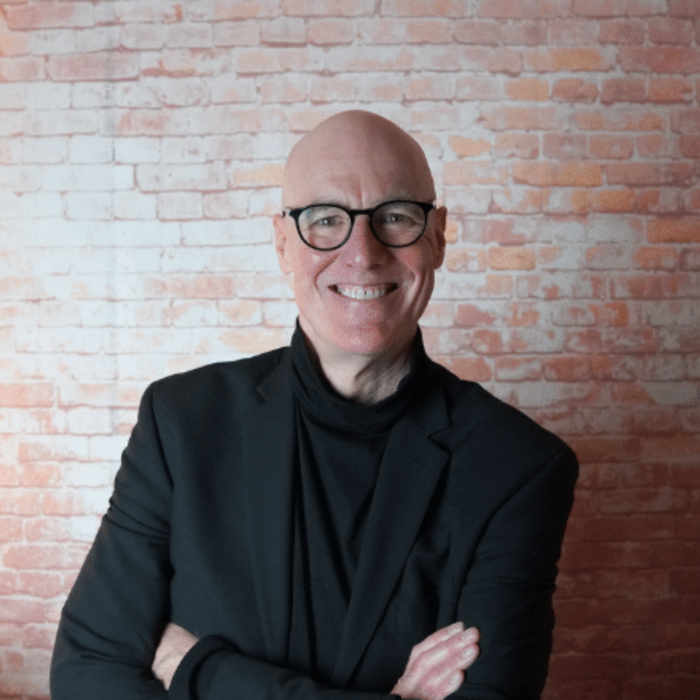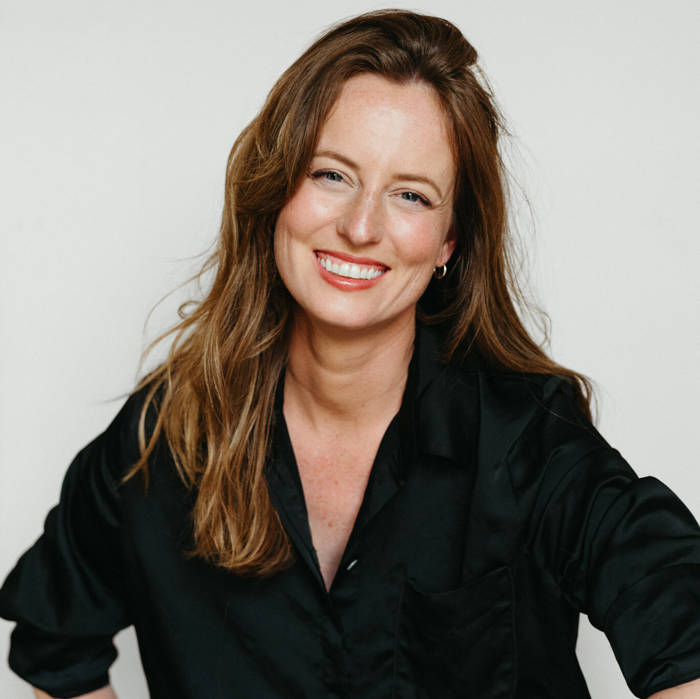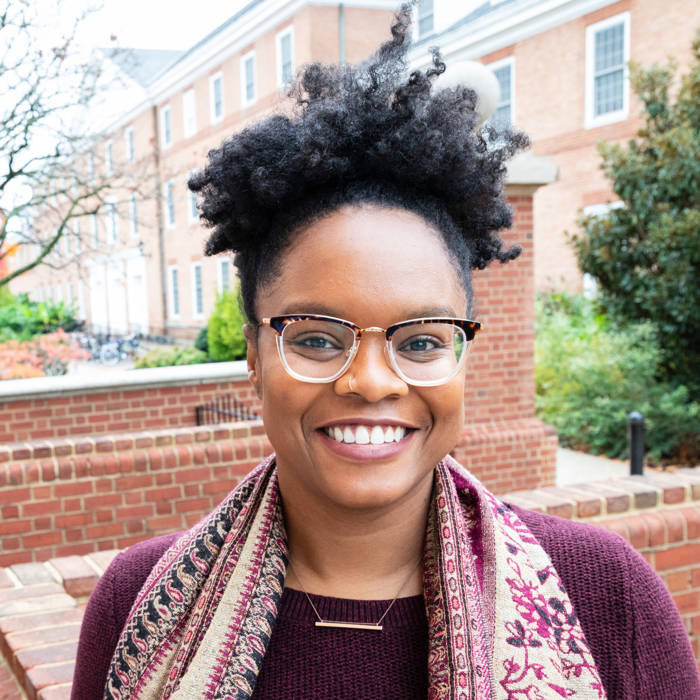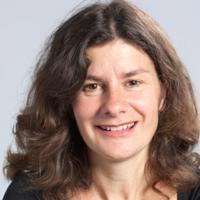An Introduction to Linklater Voice Work
Tuesday 21st September 2021, 6:00 PM - 8:00 PM (London Time)
Linklater Voice Work was developed by world-renowned practitioner Kristin Linklater. It is taught on actor training programmes across the world and attracts actors, singers, anyone interested in exploring and unlocking the potential of their voice.
Linklater Voice Work is practical, imaginative and organic. It takes you through a series or ‘progression’ of step-by-step practical exercises that include relaxation, awareness of breathing, the experience of voice vibrating in the body, how to open the throat, the development of resonance and range, and the articulating activity of lips and tongue. The work aims to awaken the expressive potential of the human voice with clarity and a deep connection to text. This is primarily speaking voice work although a prominent feature of the progression is the use of the keyboard which sets it apart from other spoken voice practices. Singers can also benefit enormously from the focus on free breathing, resonance and the release of tongue and jaw tension as well as becoming attuned to creative and imaginative impulses.
Following an introduction which contextualises this work within Western voice practice, participants will be guided through the progression of practical exercises developed by Kristin and laid out in her first book Freeing the Natural Voice: Imagery and Art in the Practice of Voice and Language (1976: revised 2006).
The progression begins with freeing body, breath and mind into voicing. This leads into an exploration of releasing the jaw, tongue and soft palate before moving into resonance work. The progression builds momentum by enlivening the ribs and diaphragm to prepare individuals for energised, heightened expression and range. This is explored further through arpeggios and swings into articulation.
Note to participants
Please wear loose clothing that you can move freely in and no make-up. There will be a combination of standing and floor work. Options will be given to accommodate any practical considerations experienced on zoom in the spirit of a supportive and flexible learning environment.
Please bring a short piece of spoken text (no more than 8 lines) that you are familiar with. Anything that you connect to, whether poetry, dramatic text or song lyrics.
Deborah Garvey
Deborah (Deb) Garvey is a voice, dialect and singing coach who draws on her training as an actor and singer. She has a B.Mus. and an MA...
Sorry, this is an archived short course...
We have plenty of upcoming short courses coming soon. See details of some of them below or look at the full list of short courses.

Tuesday 22nd July 2025
5:00 PM - 7:00 PM
Tuesday 29th July 2025
5:00 PM - 7:00 PM
Tuesday 5th August 2025
5:00 PM - 7:00 PM
Tuesday 12th August 2025
5:00 PM - 7:00 PM
Tuesday 19th August 2025
5:00 PM - 7:00 PM
Tuesday 26th August 2025
5:00 PM - 7:00 PM
(London Time)
Certificated Public Speaking Coach qualification - with John Henny

John Henny
Would you like to be a certified public speaking coach? Join the renowned John Henny for this exciting new online course! This six-week online certification course is designed to equip voice teachers with the specialised skills needed to work with public speakers, corporate trainers, educators, and presenters. Unlike a general public speaking course, this program is specifically tailored to train-the-trainer, giving voice professionals structured methodologies, coaching techniques, and applied skills to enhance vocal delivery, confidence, and influence in professional speakers.

Thursday 24th July 2025
5:00 PM - 6:00 PM
(London Time)
Transitioning From Soprano To Mezzo-Soprano - Pedagogical Approaches!

Dr Caitlin Moore
This workshop will explore the considerations for transitioning from soprano to mezzo-soprano. We will examine the history and vocal science related to voice classification as well as interviews with singers and voice teachers. Interviews feature singers who have experienced this Fach change themselves, as well as voice teachers who have helped singers navigate this shift.


Tuesday 29th July 2025
5:00 PM - 7:00 PM
(London Time)
Towards a Jazz Pedagogy: Lessons from Legends and Educators!

Dr Autumn Griffin
Join Dr Autumn Griffin as she explores the foundational tenets of jazz pedagogy as both a conceptual and practical framework for teaching, in this two-hour workshop. Drawing from her research in “Towards a Jazz Pedagogy: Learning with and from Jazz Greats and Great Educators,” she’ll investigate how jazz (its historical and cultural legacy, structure, improvisation, and relationality) can be mobilized to inform dynamic, liberatory educational practice!
